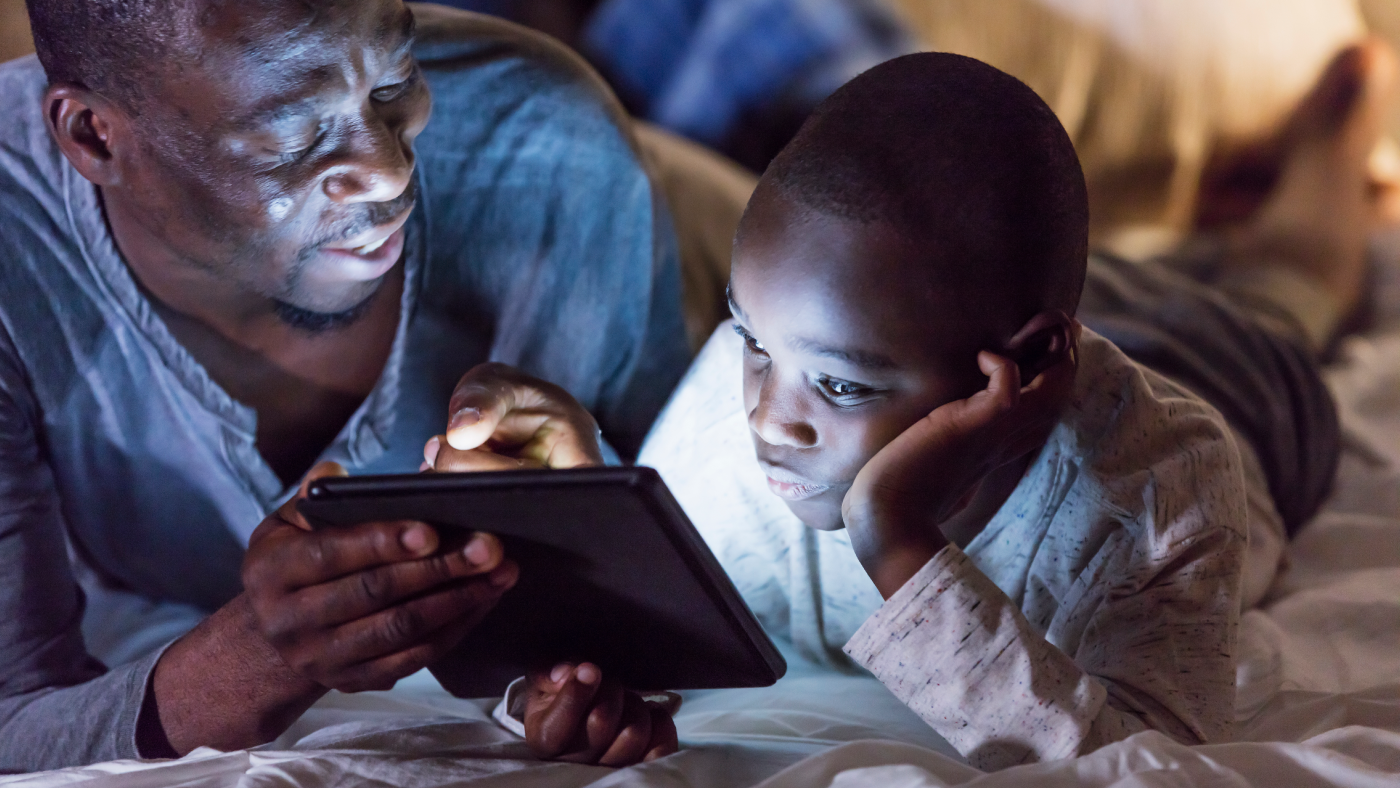
Nearly a quarter of Americans get news from podcasts
The share of Americans who say they often get news from a podcast is quite small, at just 7%; 16% of adults say they sometimes do.
The share of Americans who say they often get news from a podcast is quite small, at just 7%; 16% of adults say they sometimes do.
Asked to "imagine a better world online," experts hope for a ubiquitous – even immersive – digital environment that promotes fact-based knowledge, offers better defense of individuals’ rights, empowers diverse voices and provides tools for technology breakthroughs and collaborations to solve the world’s wicked problems.
53% of parents of K-12 students say schools in the United States should be providing a mix of in-person and online instruction this winter.
Adoption of key technologies by those in the oldest age group has grown markedly since about a decade ago.
75% of U.S. adults say they have read a book in the past 12 months in any format, a figure that has remained largely unchanged since 2011.
Americans who hold less consistently liberal or conservative views tend to be less engaged in national politics.
The declining public trust in the news media and polarization of news audiences have profound effects on civic life.
There are racial and ethnic differences in who takes on gig platform jobs and the negative experiences some of these workers say they face.
Here is how the average adult Twitter user in the U.S. tweeted about the news in 2021, as well as how these patterns have changed since 2015.
A recent Center survey focused on gig platform work. Here is more information about how we crafted the survey and what we learned from it.

Roughly four-in-ten Americans have experienced online harassment. Growing shares face more severe online abuse such as sexual harassment or stalking.
Two-thirds of parents in the U.S. say parenting is harder today than it was 20 years ago, with many citing technologies, like social media or smartphones, as a reason.
From distractions to jealousy, how Americans navigate cellphones and social media in their romantic relationships.
Majorities of U.S. adults believe their personal data is less secure now, that data collection poses more risks than benefits, and that it is not possible to go through daily life without being tracked.











